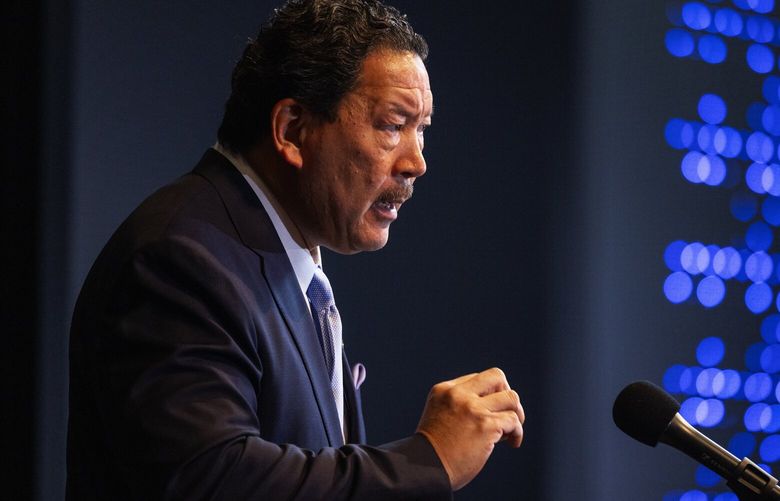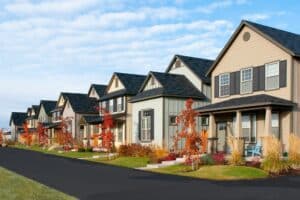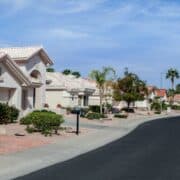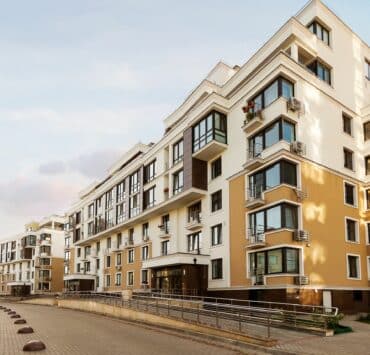The Seattle housing density plan, introduced by Mayor Bruce Harrell, marks a pivotal shift towards accommodating the city’s anticipated growth. Aimed at enhancing urban livability, this comprehensive strategy seeks to increase residential density across all neighborhoods, fostering a more inclusive and vibrant urban tapestry.

Core Initiatives and Impact of the Seattle Housing Density Plan
At the heart of the plan are proposals to integrate 24 new neighborhood centers near key transit lines, potentially allowing for six-story buildings in certain areas. This initiative not only promotes greater housing availability but also envisions a community-centric approach with accessible commercial spaces. By targeting a 20-year horizon, the plan ambitively sets to facilitate the construction of over 100,000 new homes, addressing the pressing demand for affordable housing.

Strategic Enhancements to Urban Living
Central to this strategy is a departure from the traditional single-family zoning, opening the door for a diverse array of housing options. This includes increasing permissible units on residential lots and leveraging proximity to transit for higher density, thereby aligning with state legislative directives for urban development.

Navigating Change with Community at the Core
The Seattle housing density plan transcends mere architectural expansion; it embodies a profound commitment to fostering inclusive communities. Acknowledging the complexities of urban evolution, the plan is designed with a keen sensitivity to displacement risks, especially in historically marginalized neighborhoods, ensuring a balanced approach to densification.

A Foundation for Sustainable Growth
The Seattle housing density plan sets a bold direction for the city’s future, promising a more dynamic, inclusive urban environment. While acknowledging the challenges ahead, this plan lays the groundwork for a community-oriented, growth-ready Seattle, poised to embrace its next chapter with optimism and resilience.
Related posts:
 Surge in US Housing: A Close Look at the November 2023 Boom
Surge in US Housing: A Close Look at the November 2023 Boom
 Seattle Fort Lawton Housing Plan Revision: A New Vision for Affordable Living
Seattle Fort Lawton Housing Plan Revision: A New Vision for Affordable Living
 2024 Real Estate Recession Warning: A Closer Look at the Housing Market Dynamics in Arizona
2024 Real Estate Recession Warning: A Closer Look at the Housing Market Dynamics in Arizona
 Affordable Housing in Highland Park: A Sustainable Approach to Homeownership
Affordable Housing in Highland Park: A Sustainable Approach to Homeownership
 White House Initiative for Office-to-Housing Conversions Faces Hurdles, Developers Report Delays
White House Initiative for Office-to-Housing Conversions Faces Hurdles, Developers Report Delays



